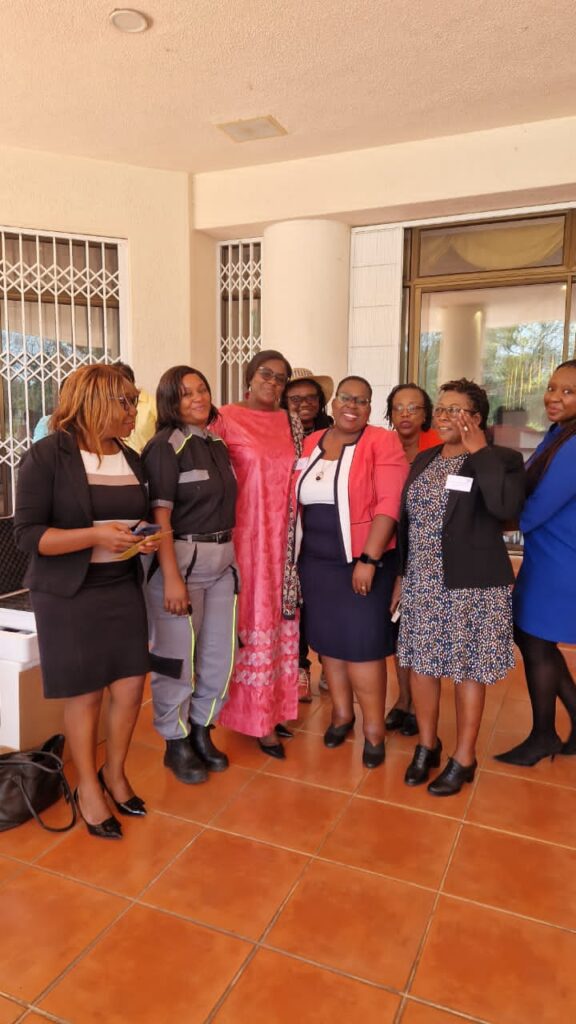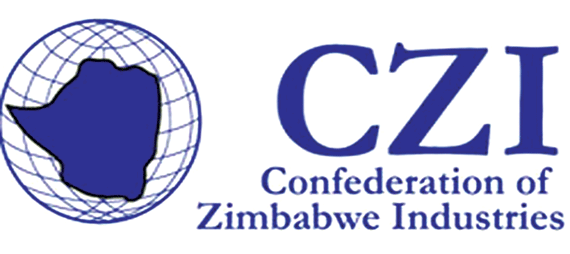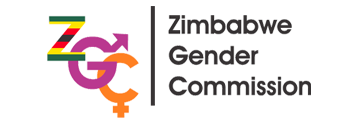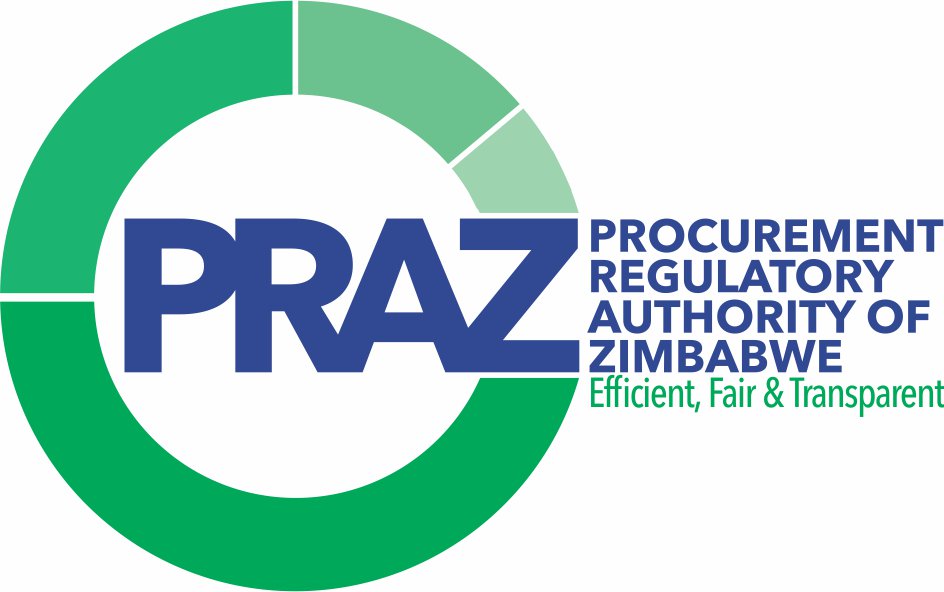Women Owned Businesses
Membership
These are registered and certified members of WOBT from the different parts of the country. The businesses cut across the whole spectrum of economic activities in sectors such as manufacturing, information technology, construction, marketing, renewable energy, structural, civil & electrical engineering, transport and logistics among others.
To become a member, the Women Owned Business pays an annual registration fee for ordinary membership and an additional fee for certification. Ordinary membership allows access to some WOBT empowerment and capacity building events at a subsidized fee. Through certification, a Women Owned Business gets access to the corporate and government supply chains, a vast network of support and development opportunities.
Certification:
To be certified,
- The Women Owned Business must be at least 51% female owned, managed, and controlled.
- It must have been operating for a period of at least six months.
- Must have paid the WOBT annual subscription in full.
- Must have attended at least 3 WOBT capacity building workshops per annum.
- Must have the requisite regulatory operating permits for their particular industry.
- Must have a valid tax clearance certificate and meet other statutory requirements.
Must have a product or service which is readily available and has the ability to continue operating without reliance on resources of a business that is not female owned.
Benefits of Being a WOBT Certified Member:
- Access to corporate and government supply chains
- Access to learning, networking, mentorship opportunities.
- Profiling of your business and products on our promotional platforms


Want to become a member
Why Choose Women
- Female entrepreneurship is growing in Zimbabwe and globally.
- Women are more likely to spend their money on children’s health, nutrition and education, making them the “major catalyst for development.” (IFC).
- Investing in women builds stronger nations – as females earn income, they reinvest 90% of their incomes in their families and communities, leading to faster local development of communities (WFP).
- Women go out their way to employ women, thereby providing safe jobs for women
- Women control 80% of the consumer decisions globally
Scaling Up Thursday





